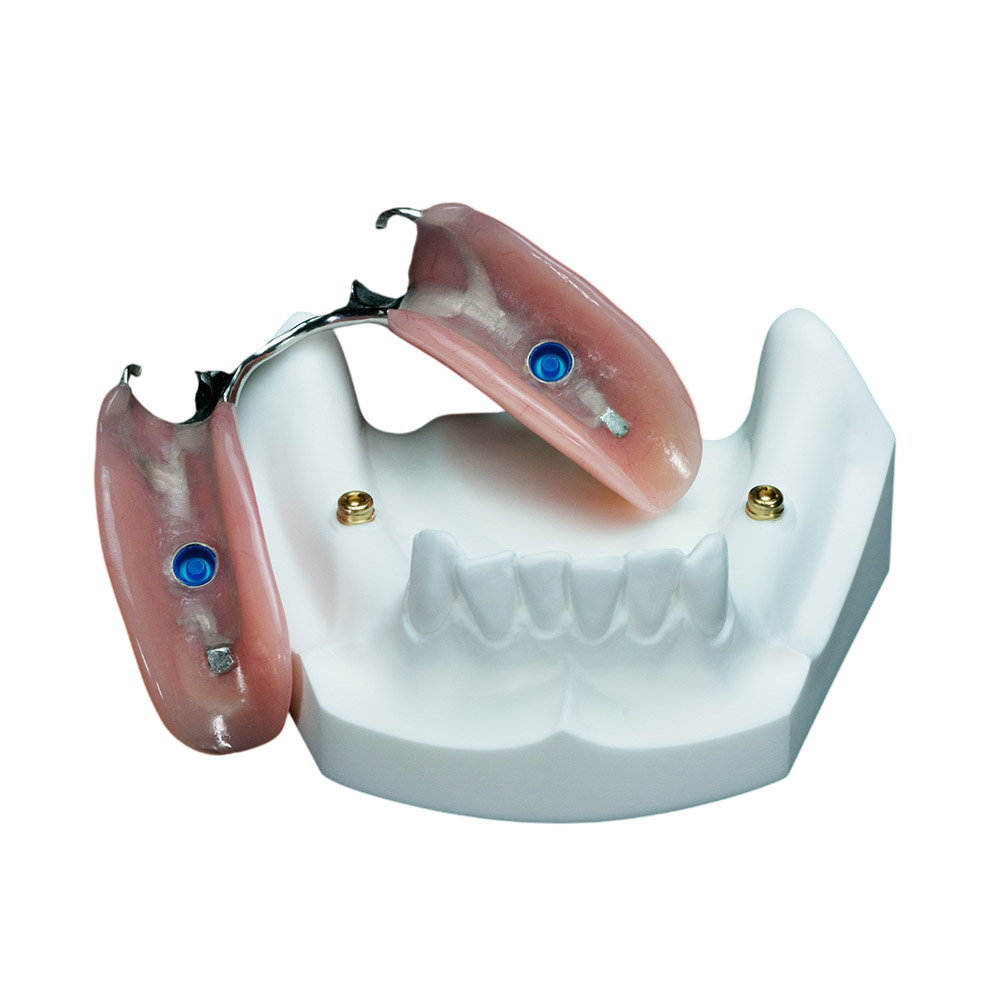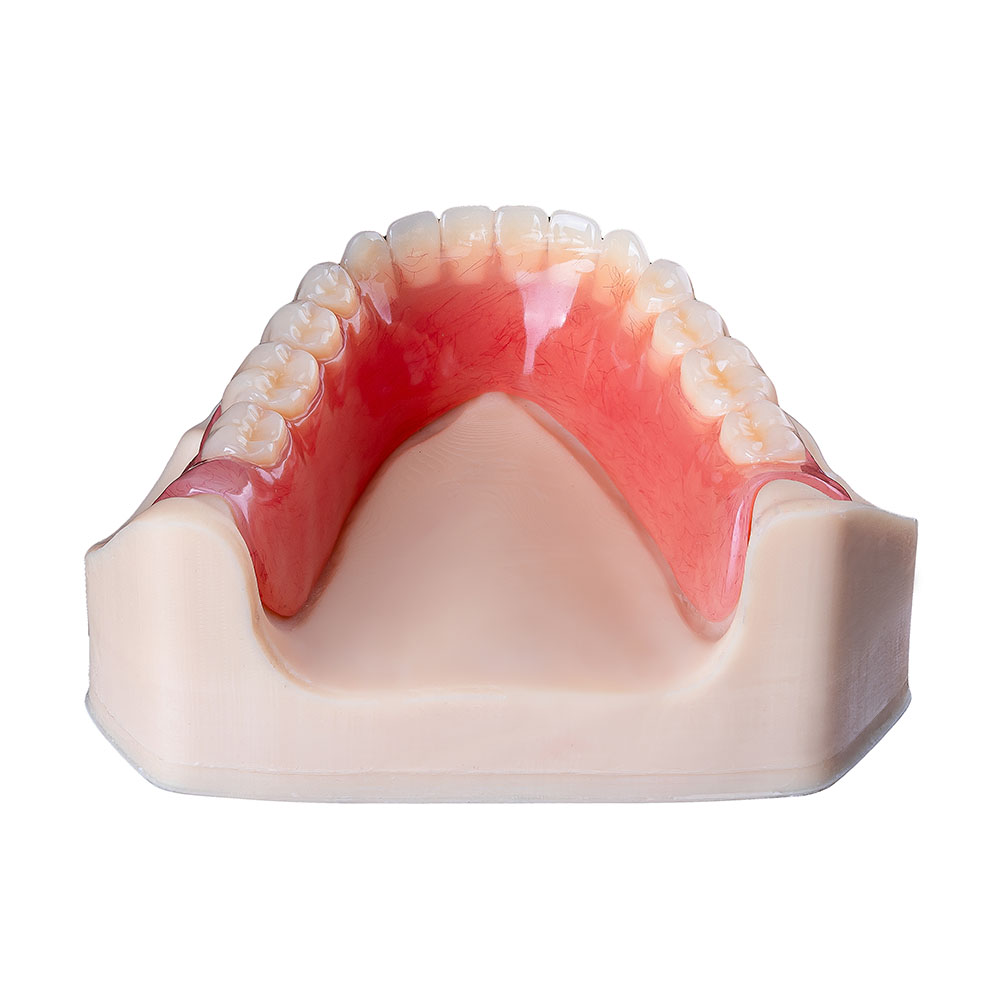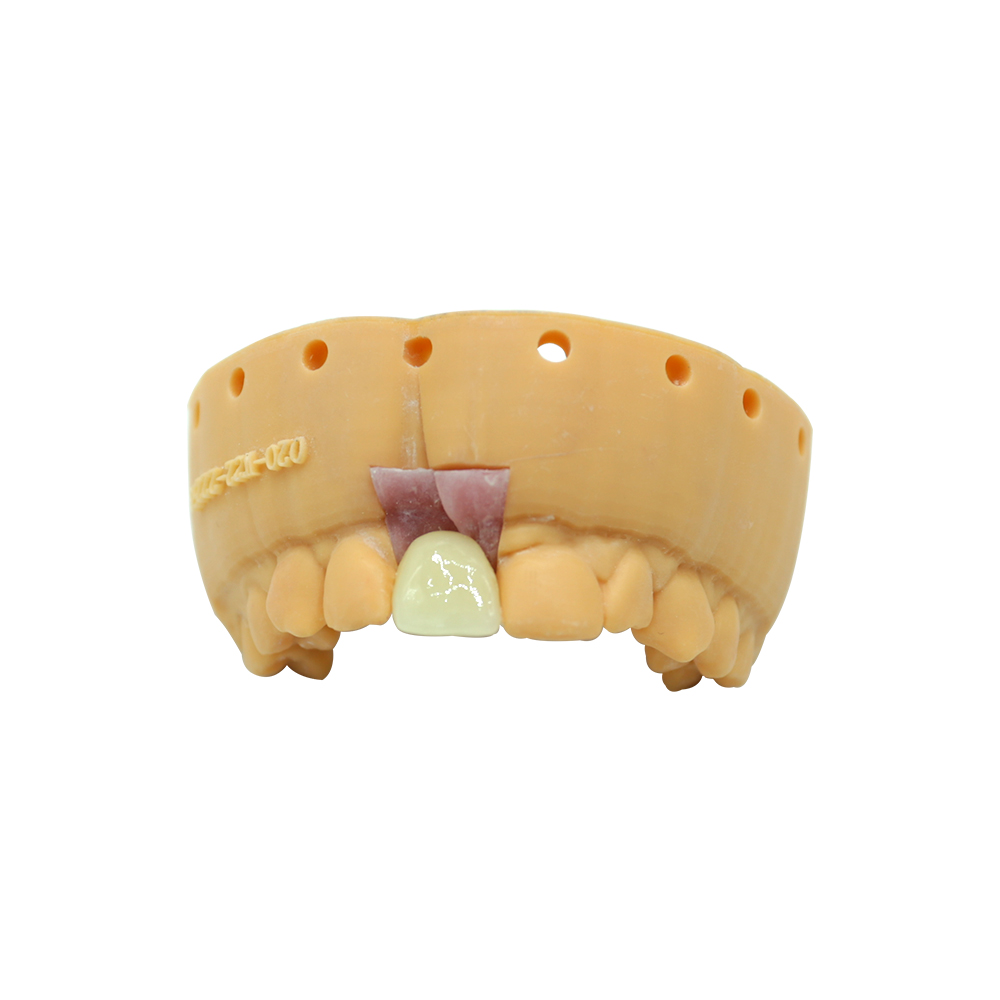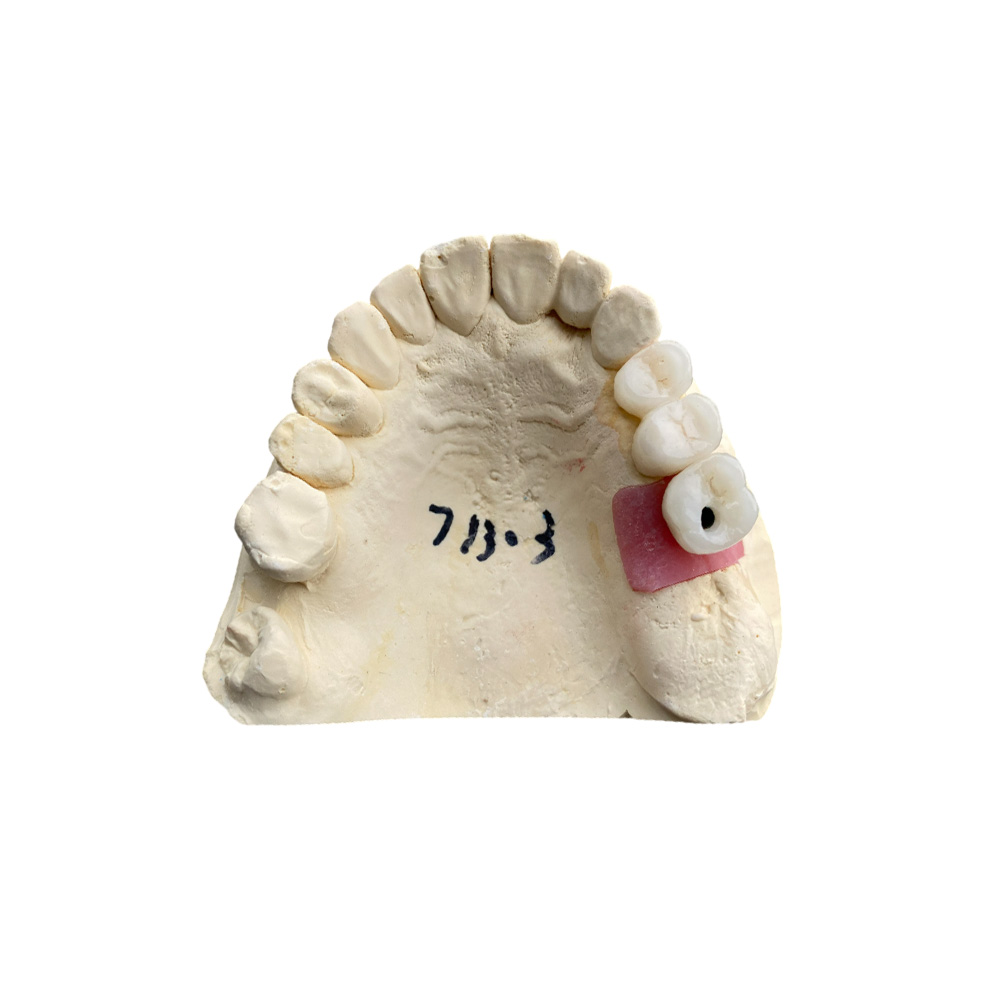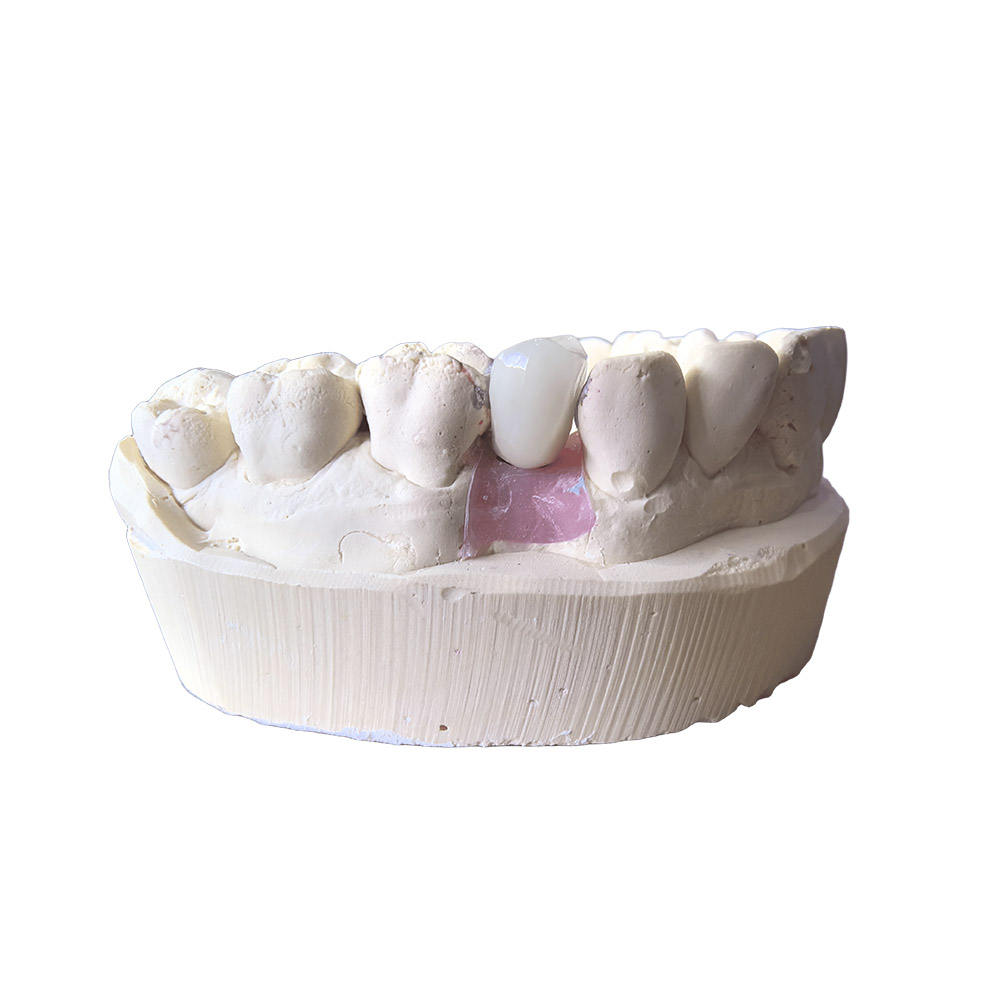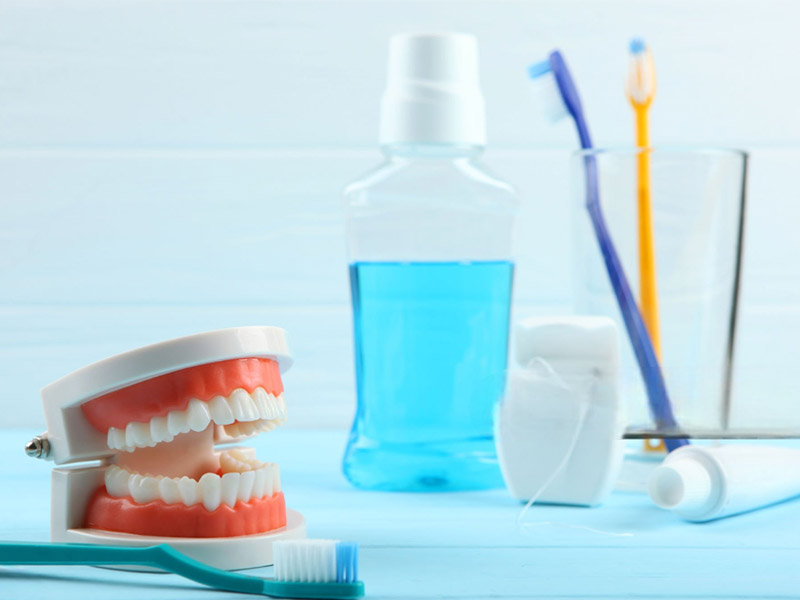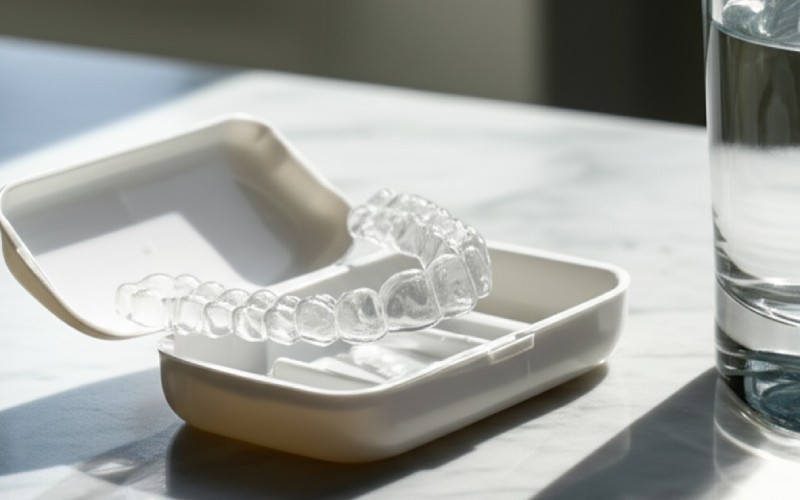Premolar and Molar Implant
Improve Your Practice: Top-Quality Solutions for Premolar and Molar Implants
As Istar Dental Lab, a top dental lab in China, we are focused on helping dental experts worldwide with the latest tools for better patient results. Our focus on accuracy, new ideas, and quality gives us a deep knowledge of the changing field of dental implants. Replacing missing teeth in the back of the mouth is a key part of modern implant dentistry. These back teeth areas are important for chewing, a stable bite, and overall mouth health. At Istar Dental Lab, we focus on making single-tooth and short-span fixed partial denture (FPD) replacements for these challenging areas, knowing they are very important in the clinic and are becoming more common.
A Partnership Built for Clinical Success
Choosing us means choosing a high success rate. We help you manage patient care from the first meeting to the final new tooth. We understand the need to avoid a loose implant or implant failure.
Here’s how we support your practice:
- Consistent Results: Our system helps you get great results. This is true for a simple premolar implant or a difficult molar dental implant.
- Total Efficiency: We give you everything you need. This saves you time and makes your work process smoother. You get all the dental implant parts from one place.
- Patient Confidence: When you use the best materials, patients feel more secure. They know their better quality of life is your main goal.
- Expert Support: We give you detailed guides for every step of the dental implant process.
Molar and Premolar Implant: Component Specifications
We offer a full range of dental implant parts. These are made with top quality, meeting rules from the U.S. Food and Drug Administration (FDA). This helps you give the best care.
| Component | Specifications and Materials | Clinical Advantage |
| Implant Fixture | • Titanium implant: Made of medical-grade Titanium. It is a strong material that works well with the body. • Zirconia implant: A metal-free choice made of Zirconia. • Endosteal implant and Subperiosteal implant designs available. • Hydroxyapatite-coated surfaces for faster healing. | • Strong enough to handle chewing forces on a Molar or Premolar. • Helps the implant quickly join with the bone (Osseointegration) for a stable implant post. • Choices for patients with metal sensitivities. |
| Abutment | • Includes both healing abutment and final Abutment parts. • Held in place with a strong abutment screw. • Works with leading systems like Nobel Biocare and Straumann. | • Makes a strong connection between the fixture and the Implant crown. • Makes sure there is a tight seal to protect the implant from infection. • Lets you make a beautiful, natural gum line. |
| Implant Crown | The Material’s Natural Strength Zirconia (Y-TZP): This material has the best bending strength (900–1200 MPa) and is toughest against cracks (6–10 MPa·m^0.5) of all ceramic choices. Its great strength makes it perfect for back-tooth implants that take a lot of force, especially for patients with bruxism or when there is little space between teeth. Lithium Disilicate (Emax): While it has a lower bending strength (360–500 MPa), lithium disilicate looks more natural and see-through, making it a good choice for premolars where looks are more important. Hybrid Ceramics: Materials like hybrid ceramics have bending strengths of 150–200 MPa. Importantly, how much they flex (12–30 GPa) is more like a natural tooth, which is helpful for lowering stress in one spot at the implant-abutment connection and spreading out bite forces more evenly. | (Content replaced by the more detailed information in the adjacent column) |
Material Selection and How It Works in the Mouth
Choosing the right material for back-tooth implant replacements is a very important choice. You have to balance strength, looks, how it wears down, and how well it works with the body. At Istar Dental Lab, we offer a full range of materials, each chosen for its special benefits in the tough back-of-the-mouth area.
Recommendations for Specific Clinical Cases
At Istar Dental Lab, we help our partners choose the best material based on the patient’s situation:
- Severe Bruxism or Parafunction: Monolithic zirconia is the best choice because it is very strong and resists breaking.
- Limited Space Between Teeth: Both hybrid ceramics and monolithic zirconia can be made thinner without losing strength.
- High Demand for Looks (Premolars): Lithium disilicate or high-translucency zirconia are good choices to balance looks with enough strength.
- Against Natural Teeth: Hybrid ceramics are great because they don’t wear down the opposing natural teeth.
Digital Workflows and Modern Ways of Making Things
Istar Dental Lab is a leader in digital dentistry, using the newest digital methods and modern ways of making things to provide better back-tooth implant replacements. Our complete digital system gives you top-level accuracy, speed, and consistent results from planning to the final product.
Complete Digital Workflow Parts
Our newest workflow for back-tooth implant replacements smoothly combines:
- Intraoral Scanning: Very accurate digital scans take the place of old physical molds, getting rid of mistakes caused by material warping and plaster models.
- Digital Implant Planning: Advanced software lets you place the implant virtually, looking at body structures, bone thickness, and the needs of the new tooth.
- CAD/CAM Design: Advanced design software lets you create specially made crown shapes, gum-line profiles, and bite patterns.
- Milling or 3D Printing: Very accurate milling machines or advanced 3D printers make the final new teeth from many different materials.
Speed and Turnaround Time
Digital methods greatly lower both the time you spend with the patient and the lab time. Single back-tooth implant crowns can be made and delivered within 48-72 hours from the scan, a big improvement over the 7–10 days needed for older methods. This means up to a 40% shorter total treatment time, making things easier for patients and helping your office run better.
Supporting Complex Cases and Advanced Surgery
We know that not every implant placement is simple. That is why we support advanced dental implant surgery. Our system is perfect for cases with not enough bone or other challenges. You can handle tough situations with our tools and support.
Bone Quality and Amount
The quality and amount of bone in the back of the upper and lower jaw are key factors for implant success. Poor bone quality (Type III/IV) and a small amount of bone are linked to more implant failures and bone loss around the edges. CBCT scans that measure bone thickness can help predict how stable the implant will be at first and its long-term success.
Things to Consider:
- Implant Design: Short (≤8 mm) and wide (≥5 mm) implants are used more often in areas with little vertical bone. Their success, however, really depends on the bone quality and managing bite forces.
- Implant Surface Changes: Roughened and water-loving implant surfaces help the implant join with the bone (osseointegration) in poor-quality bone, though they can’t completely make up for too much bite force.
- Bone Building Methods: Procedures like lateral sinus lifts with xenografts in the back of the upper jaw have a high chance of lasting a long time, but in patients with bruxism, these grafted areas may show more cases of late implant failure and the graft shrinking.
Our support includes planning for:
- Bone Grafting (Jawbone Regeneration): We give you help for bone grafting. This helps when a patient has a shrinking jawbone or bone loss. We support guided bone regeneration to improve bone thickness.
- Sinus Lift (Sinus Augmentation): For an upper molar dental implant, a sinus lift surgery may be needed. We have plans for the lateral window technique and the crestal approach sinus lift. This protects the Maxillary sinus and sinus membrane.
- Ridge Augmentation: Our system helps with changing the ridge and saving the Alveolar ridge. This is important for good looks and function, especially after a tooth is removed. It helps avoid problems like Dehiscence.
- Immediate Implant Placement: For patients who want same-day dental implants, we offer solutions that work. This gives patients a great tooth replacement choice quickly.
We also help you use modern tools like Cone Beam Computed Tomography (CBCT) and a Surgical Stent for perfect placement. This lowers dental implant risks like nerve damage to the Inferior Alveolar Nerve or sinus damage.
Managing Risks and Aftercare for Long-Term Health
A successful premolar dental implant needs great long-term care. We give you information to help you teach patients about dental implant aftercare. This builds trust and makes sure the implant lasts.
Patient-Specific Factors and Lowering Risk
Successful back-tooth implant replacements need a complete view that carefully looks at each patient’s factors. At Istar Dental Lab, we stress the importance of a full patient check-up to guide treatment planning, material choice, and ways to lower risk, to get the best long-term results.
Bruxism and Other Habits
Bruxism, which means clenching or grinding teeth, is a major risk for physical problems with back-tooth implant replacements. Studies show 2-3 times more cases of technical problems (like screw loosening, new tooth breaking, or implant breaking) in people with bruxism, especially in the molar area. These habits also speed up bone loss around the edges of back-tooth implants, especially in spots with weak bone.
Lowering Risk:
- Material Selection: Monolithic zirconia is the best choice because it is very strong and resists breaking under the force of bruxism.
- Occlusal Splints/Nightguards: Specially made hard acrylic mouthguards greatly lower the number of new-tooth problems and bone loss. We work closely with dentists to design and make these protective guards.
- Prosthetic Design: Joining multiple back-tooth implants can lower the risk of physical problems in people with bruxism. Smaller biting surfaces and narrower teeth can also help manage forces.
- Digital Occlusal Analysis: Tools like T-Scan and BruxChecker let you measure bite forces and grinding patterns, allowing for a risk check for each person and exact bite adjustments.
Overall Health
Overall health conditions can greatly affect implant results:
- Diabetes: Poorly controlled diabetes (HbA1c > 8%) makes it harder for the implant to join the bone and increases the risk of peri-implantitis and implant loss, especially in the back of the jaw.
- Osteoporosis: This condition, along with bisphosphonate therapy, can affect how bone heals and how the implant joins it. Additional drug-based methods are being studied to improve bone quality around implants in patients with osteoporosis.
Lowering Risk: Careful patient selection and medical care are very important. We stress the importance of a full medical history and working with the patient’s doctor.
Patient Aftercare Support:
We give you materials to create clear instructions for after surgery. This includes advice on:
- The healing time and managing swelling and bruising.
- Using pain medicine and a saltwater rinse.
- The need for a soft food diet at first.
- Proper mouth cleaning with Interdental Brushes and a Chlorhexidine Rinse.
- The importance of follow-up visits for long-term care.
A Better Choice Than a Dental Bridge or Dentures
For a patient with a missing Molar or Premolar, you have choices. But a molar implant is often the best one. A Dental Bridge, like a Maryland bridge or resin-bonded bridge, means you have to alter healthy teeth. A Pontic does not save the jaw bone.
Partial dentures or full dentures can be uncomfortable. They also do not stop bone loss. An implant-based solution, like implant-retained dentures or snap-on dentures, is much more stable and comfortable. Our premolar implant solutions help you protect surrounding teeth. They are the best choice for patients with Edentulism, Malocclusion, or Tooth Agenesis. This is why the American Academy of Periodontology and the American Association of Oral and Maxillofacial Surgeons support them.
Let’s Discuss Your Needs
We understand the final cost of dental implants is important. We can help you provide affordable dental implants by making your office more efficient. We can also give you information on dental implant financing and dental insurance coverage.
Contact us today to learn how our premolar dental implant and molar dental implant systems can help your clinic. We offer the accuracy of a cosmetic dentist with the strength needed for the back of the mouth. Let’s build better smiles together.







